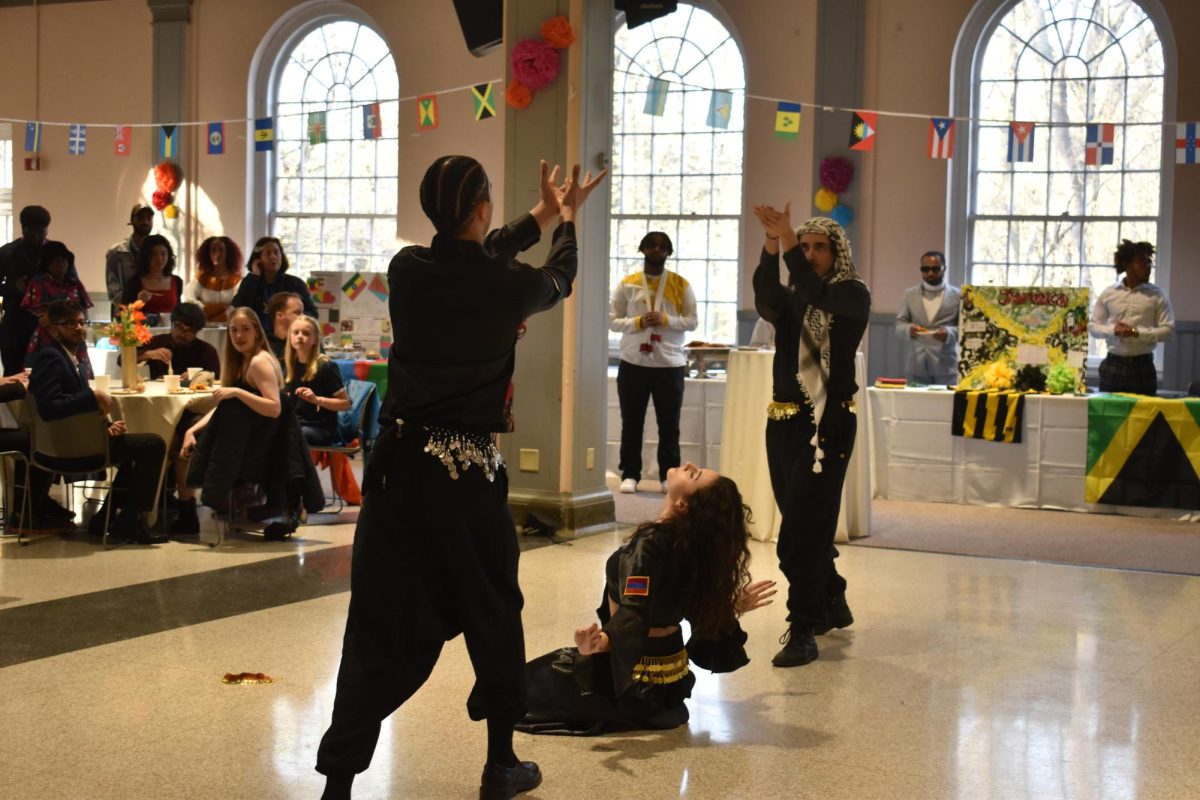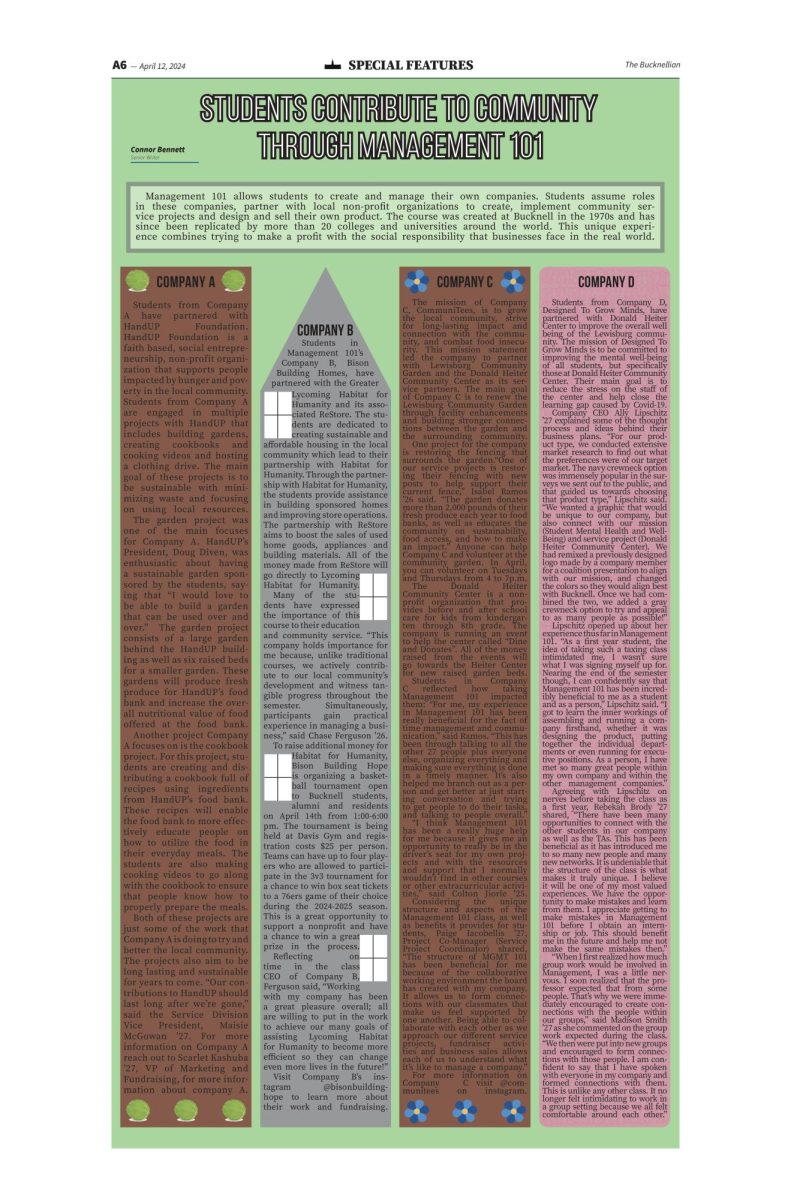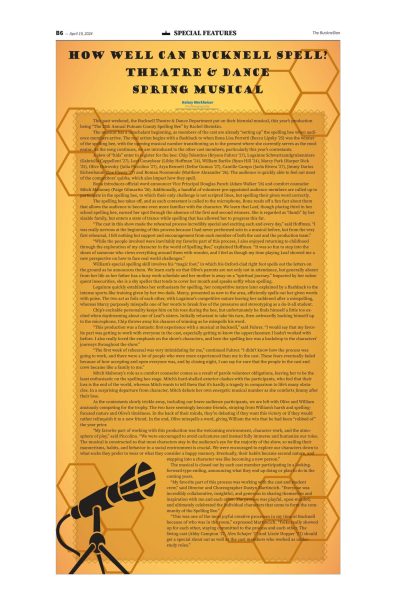The Stories of the Africa Cup Of Nations
February 11, 2022
Africa’s continental soccer tournament, the “Africa Cup of Nations,” concluded for the first time in Yaoundé, Cameroon, with Senegal winning the trophy. As a whole, the tournament showed how soccer can be more than just a game for many of the competing countries enduring economic and political crises.
Host nation Cameroon has been in the midst of a civil war since 2016, where military human rights abuses broke out into a fully-fledged war. People have flocked to watch their nation play despite the separatist movement warning them not to, and even kidnapping and torturing spectators. Further tragedy struck when eight people died in a stampede during a round-of-16 game. Despite the tragedies, Cameroonians still came out to see their country finish third in the tournament.
“We may not be a very united nation, but I think this one thing brings us together,” a Cameroonian government worker said.
Or perhaps in Burkina Faso, where, as players and fans were set to head off to their quarter-final fixture against Tunisia, the Burkinabé military overthrew their government. However, despite the anxiety and worry about friends and family back home, Burkina Faso fans still made the journey and saw them come together to win the quarter-final, giving just a little bit of hope to their home nation.
Many African countries that are still struggling in the midst of COVID-19 were able to look to their nation’s soccer team for hope and joy in difficult times. The pandemic also affected teams, with Comoros having to field an outfield player as a goalkeeper due to an increase in cases among their team.
Even small nations were able to take on much bigger countries; the tiny state of Equatorial Guinea beat the much bigger Mali, and Comoros and Gambia upset major soccer nations like Ghana and Tunisia. The Gambia, a small nation of around 2 million people, made it to the quarter-finals in their first-ever appearance in the tournament.
The Africa Cup of Nations also provides the opportunity for worldwide superstars, like Liverpool players Sadio Mané and Mohamed Salah, national heroes in their home nations of Senegal and Egypt, to come home to play in front of home crowds, against players not known widely outside of their home countries.
While soccer may not be the solution to some of the difficulties endured in these countries and the struggles that the people go through, the Africa Cup of Nations can provide is a glimmer of hope to those back home.


























